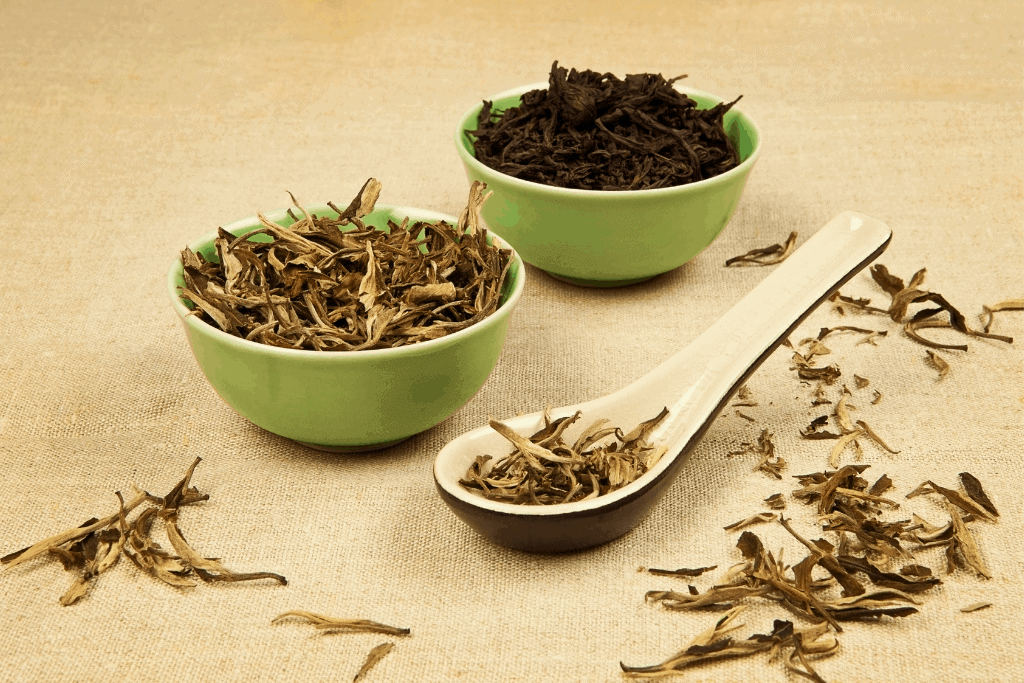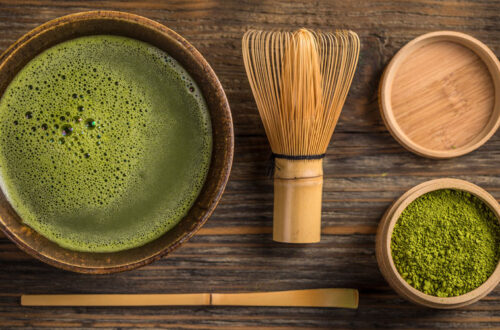Walk down any health aisle or scroll through social media, and you’ll see countless claims that tea is the ultimate weight-loss hack. From green tea extract supplements to detox teas promising quick results, the marketing is everywhere. But what does science actually say?
In this article, we’ll break down the truth about tea and weight loss, explore which teas show the most promise, and uncover how tea can fit into a healthy lifestyle without falling into fad-diet territory.
The Science Behind Tea & Weight Loss
Tea contains a variety of bioactive compounds — antioxidants, polyphenols, and caffeine — that may support metabolism and fat oxidation. But context matters: tea alone won’t melt away pounds, yet it can play a supporting role in your overall weight-loss strategy.
Key mechanisms:
-
Caffeine: Boosts alertness and slightly increases calorie burning.
-
Catechins (EGCG in green tea): Enhance fat oxidation and may improve exercise performance.
-
Polyphenols: Support gut health and may reduce fat absorption.
Best Teas for Weight Loss
1. Green Tea
-
Rich in EGCG (Epigallocatechin gallate), a catechin linked with fat metabolism.
-
Studies suggest it can help burn an extra 70–100 calories per day.
-
Works best when combined with exercise and balanced nutrition.
2. Oolong Tea
-
Partially fermented, offering benefits of both green and black tea.
-
Some research shows oolong can increase fat burning during sleep.
3. Black Tea
-
Contains polyphenols that may change gut microbiota in ways that support weight management.
-
Stronger flavor makes it a satisfying low-calorie alternative to sugary drinks.
4. Herbal Teas
-
Options like peppermint, ginger, and hibiscus don’t burn fat directly but reduce bloating, aid digestion, and curb sugar cravings.
💡 Tip: Want to try high-quality teas for weight management? Check out curated options here.
Myths & Misconceptions
-
Myth #1: Tea alone burns fat.
Reality: It only creates a slight metabolic boost. Without diet and exercise changes, results are minimal. -
Myth #2: Detox teas = fast weight loss.
Reality: Many are just laxatives and diuretics. They cause temporary water loss, not real fat reduction. -
Myth #3: More tea = faster results.
Reality: Excess caffeine can lead to insomnia, jitters, and digestive discomfort.
How to Use Tea in Your Weight-Loss Journey
-
Replace Sugary Beverages – Swapping soda or high-calorie lattes for unsweetened tea cuts 100–300 calories daily.
-
Pre-Workout Boost – A cup of green or oolong tea before exercise may enhance fat oxidation.
-
Mindful Snacking – Herbal infusions like peppermint tea can help curb late-night cravings.
-
Consistency Over Quick Fixes – Long-term tea drinking habits matter more than “detox” cycles.
Potential Downsides
-
Too much caffeine can disrupt sleep, which ironically slows metabolism.
-
Some teas interact with medications (e.g., blood thinners with green tea).
-
“Detox” teas may cause dehydration and electrolyte imbalance.
Conclusion
Tea is not a magic bullet for weight loss, but it can be a powerful ally. By replacing high-calorie drinks, supporting metabolism, and enhancing mindful eating, tea complements a balanced weight-loss plan.
👉 Ready to explore quality teas that can fit into your lifestyle? See some great picks here.
Bottom line: Tea won’t replace discipline, but it can help make the journey easier — one soothing sip at a time.






